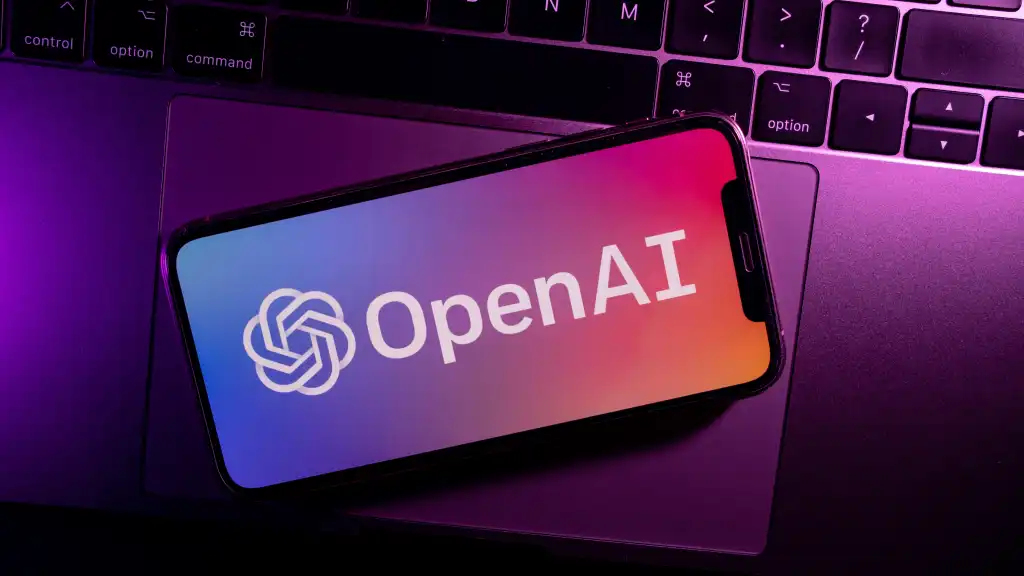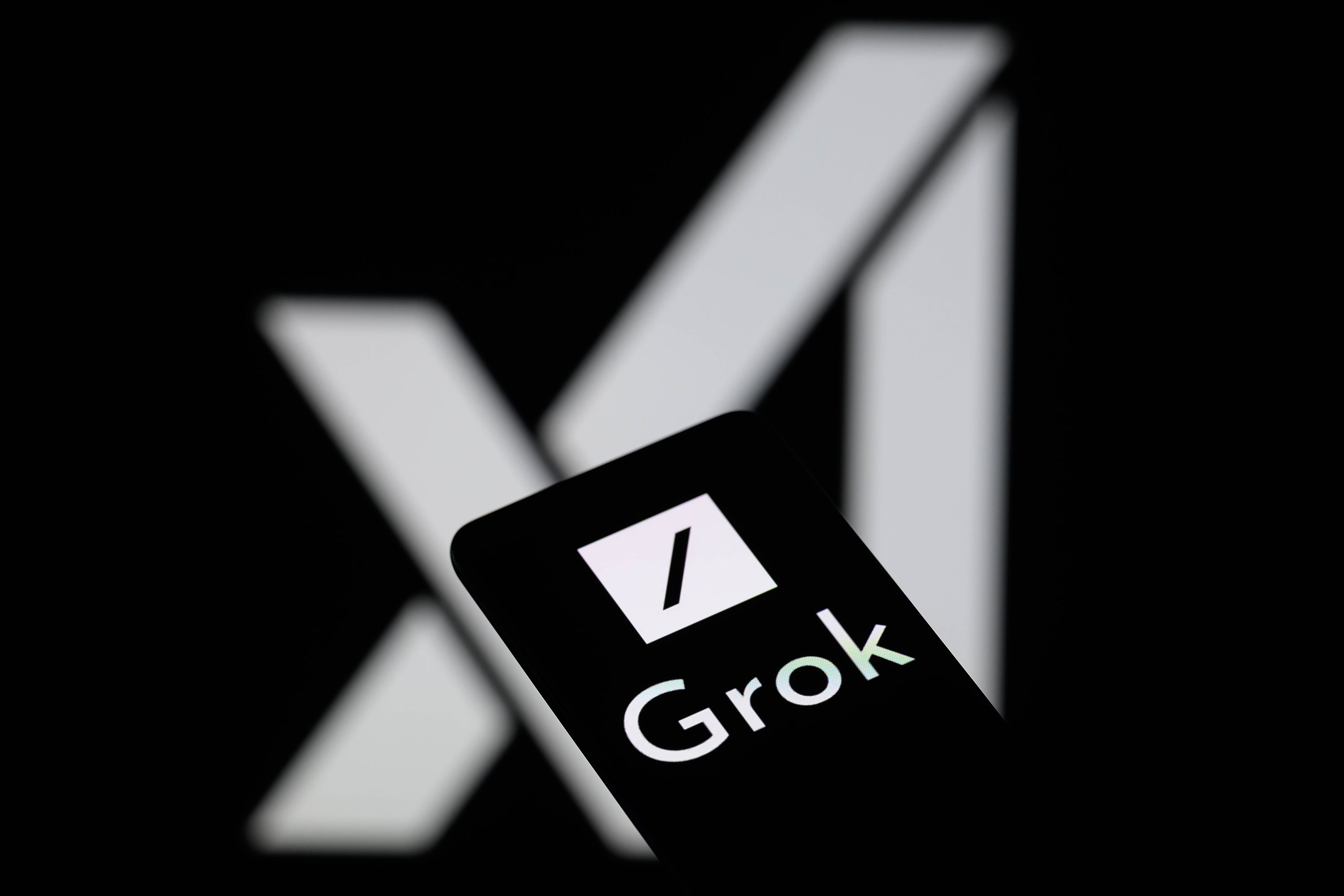
ChatGPT Sends Millions to Verified Election News, Blocks 250,000 Deepfake Attempts
AI
Zaker Adham
09 November 2024
08 July 2024
|
Zaker Adham
Summary
Summary
The European Union has ramped up its antitrust scrutiny on significant AI collaborations, focusing on the high-profile partnerships between Microsoft-OpenAI and Google-Samsung.
Margrethe Vestager, the European Commission’s executive vice president for competition policy, highlighted that AI is “developing at breakneck speed.” She announced multiple preliminary investigations into various AI-related market practices, reflecting concerns about potential anti-competitive behaviors by major tech companies since the rise of ChatGPT.

The EU's increased scrutiny underscores the bloc’s growing worry over tech giants' potential monopolistic power in the rapidly evolving AI sector. The focus is on recent deals and collaborations involving Microsoft and Google, which have attracted regulatory attention due to their potential to stifle competition and innovation.
Vestager noted that several preliminary antitrust investigations are underway concerning various practices within AI-related markets, although she did not disclose specific details.

Microsoft’s Partnership with OpenAI Microsoft’s multibillion-dollar partnership with OpenAI is one of the most significant collaborations in the AI industry. Initiated in 2019 and expanded over the years, this partnership involves substantial investments from Microsoft into OpenAI. It includes providing cloud computing resources via Microsoft’s Azure platform and integrating OpenAI’s advanced models into Microsoft’s products and services.

The collaboration aims to accelerate AI research and development, leading to advancements like the GPT-3 language model and ChatGPT. However, this alliance has sparked concerns about market dominance and potential barriers for smaller AI firms. Vestager mentioned that the European Commission reviewed the deal last year to see if it violated EU merger rules but concluded that Microsoft hadn't gained control over OpenAI.
“Microsoft has invested $13 billion in OpenAI over the years. But we must ensure that such partnerships do not disguise one partner gaining a controlling influence over the other,” Vestager said. The commission is now examining the deal and the industry more broadly under the bloc’s antitrust rules, which target abusive behavior by companies with dominant market positions.
After reviewing responses from major AI companies in March, the EU Commission is requesting specific information about the Microsoft-OpenAI agreement. Vestager stated they aim to determine if exclusivity clauses could potentially harm competition in the AI market.

Google’s AI Partnership with Samsung Google’s AI-related arrangement with Samsung has also drawn significant attention. This partnership combines Samsung’s hardware expertise with Google’s AI capabilities to develop innovative consumer electronics and mobile technologies. It includes integrating Google’s AI algorithms into Samsung devices to enhance features like voice recognition, camera functionality, and personalized user experiences.
While this collaboration promises to bring advanced AI-driven functionalities to a broad consumer base, it raises questions about competitive fairness, particularly concerning access to critical technologies and market influence. Vestager mentioned that EU regulators have sent information requests “to better understand the effects of Google’s arrangement with Samsung” to pre-install Google’s Gemini Nano, the smallest version of its Gemini AI foundation model, on some Samsung devices.

What’s Next? With tech giants like Microsoft and Google expanding their AI capabilities through acquisitions and partnerships, regulators are increasingly concerned about market dominance and its implications for fair competition. This regulatory intervention from the EU was inevitable.
In response, Microsoft and Google have reaffirmed their commitment to comply with regulatory requirements while continuing to innovate responsibly in AI technologies. They emphasize the potential benefits of their AI initiatives, including advancements in healthcare, sustainability, and other critical sectors.
However, the outcome of the EU’s antitrust scrutiny could significantly impact how major tech companies operate in Europe’s AI market. It may lead to regulatory measures fostering a more level playing field and ensuring smaller competitors have fair opportunities to compete and innovate.

AI
Zaker Adham
09 November 2024

AI
Zaker Adham
09 November 2024

AI
Zaker Adham
07 November 2024

AI
Zaker Adham
06 November 2024